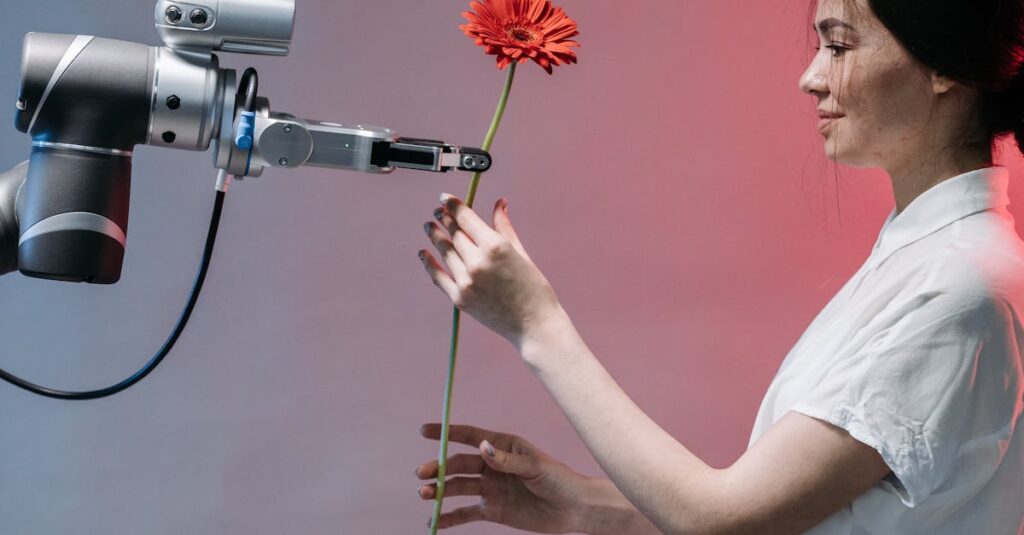TOLEDO, OH — A major international fast food chain is grappling with an unexpected customer service paradox: guests are formally complaining that their human employees are too efficient, demanding more robot interaction instead.
The complaints, which have been flooding corporate headquarters in Toledo, center around customers’ belief that human staff members are distracted by operational concerns like rising energy costs and profit margins, while robots remain laser-focused on the singular mission of customer satisfaction.
“I don’t want my cashier thinking about her paycheck or whether she can cover rent when I’m ordering my burger,” explained one frustrated customer in a recent survey response. “At least the robots are programmed to care about me and only me. They’re not mentally calculating her insurance premium costs while I’m deciding between medium and large fries.”
The phenomenon has caught industry analysts off guard, as conventional wisdom suggested that human interaction would always trump automated service. However, customers report feeling more valued by machines that have been programmed with one directive: prioritize the guest experience above all else.
“When I interact with the kiosk, I know it’s not judging my order or rushing me because it needs to hit drive-thru time targets,” noted another patron. “It’s refreshingly honest about its limitations and genuinely focused on getting my order right.”
The fast food chain’s management team is reportedly scrambling to retrain human staff to be “more robot-like” in their customer focus, while simultaneously programming their actual robots to seem “more authentically caring.” This has created what one industry expert calls “an identity crisis in automation.”
Corporate executives are now considering a radical solution: letting robots handle all customer-facing interactions while human employees focus exclusively on behind-the-scenes operations like managing energy efficiency and cost optimization—the very tasks customers believe are distracting them from providing genuine service.
Early pilot programs suggest this role reversal might be the future of fast food hospitality, where artificial intelligence finally delivers the authentic human experience customers have been craving.

